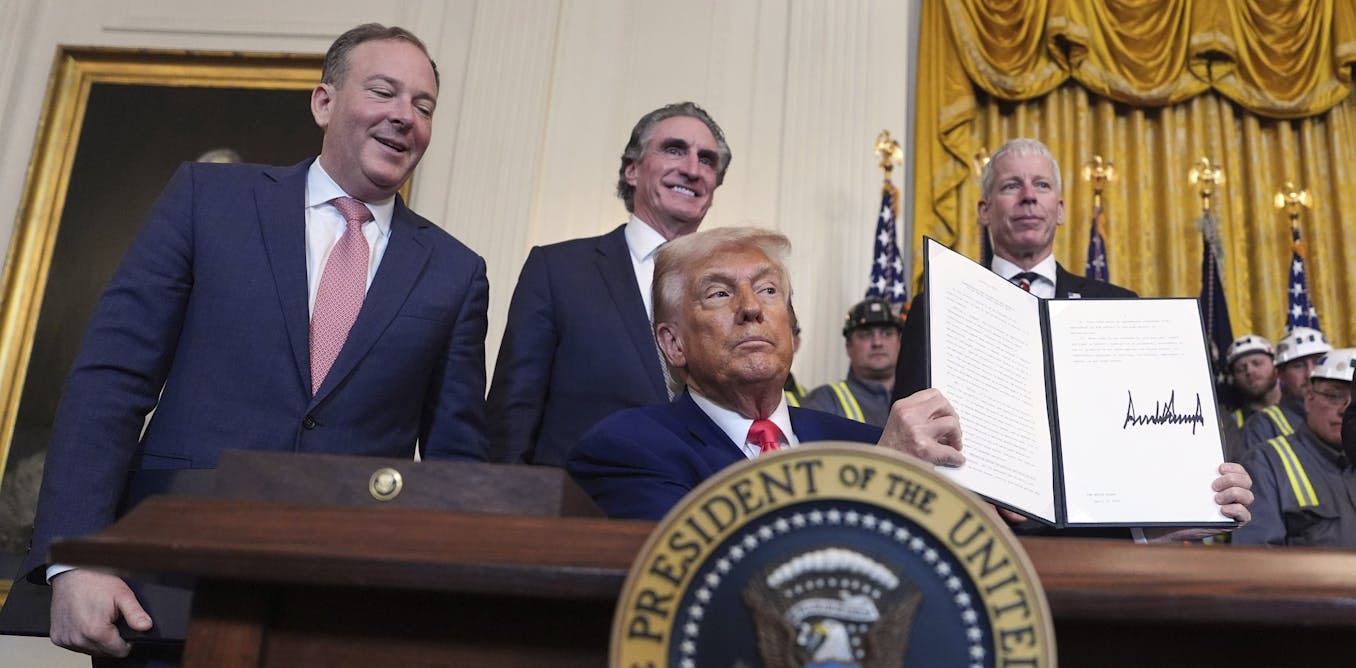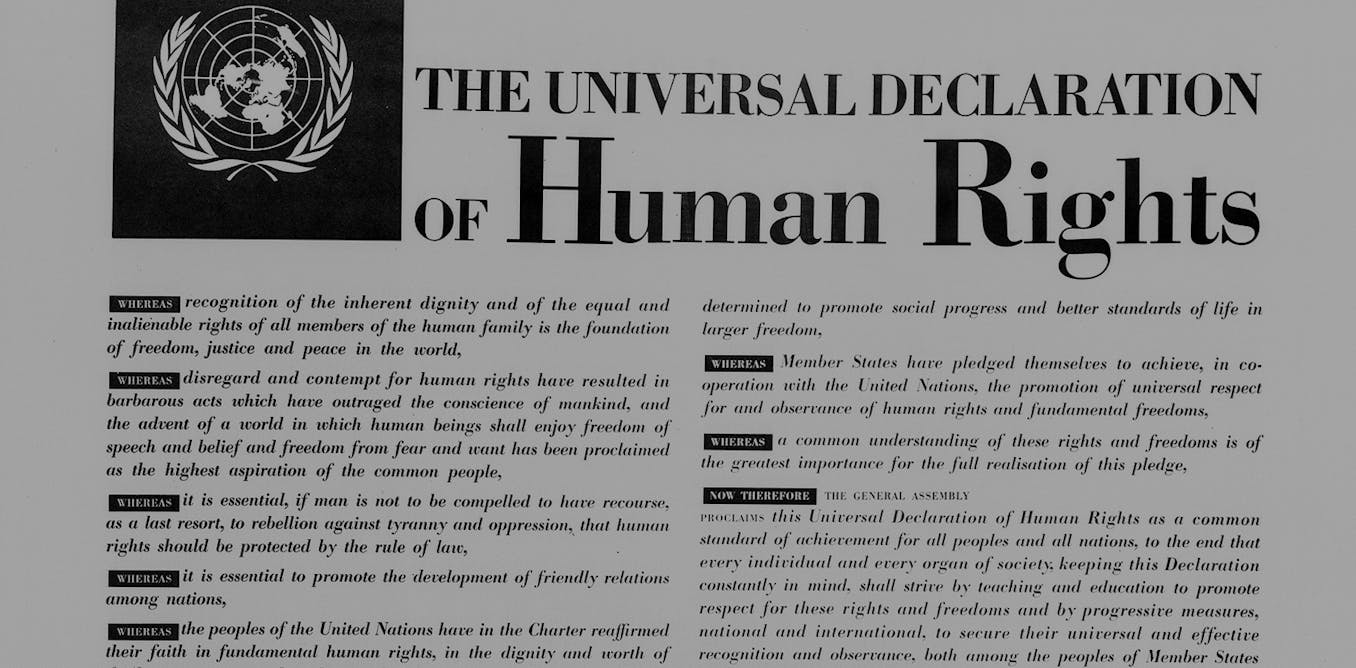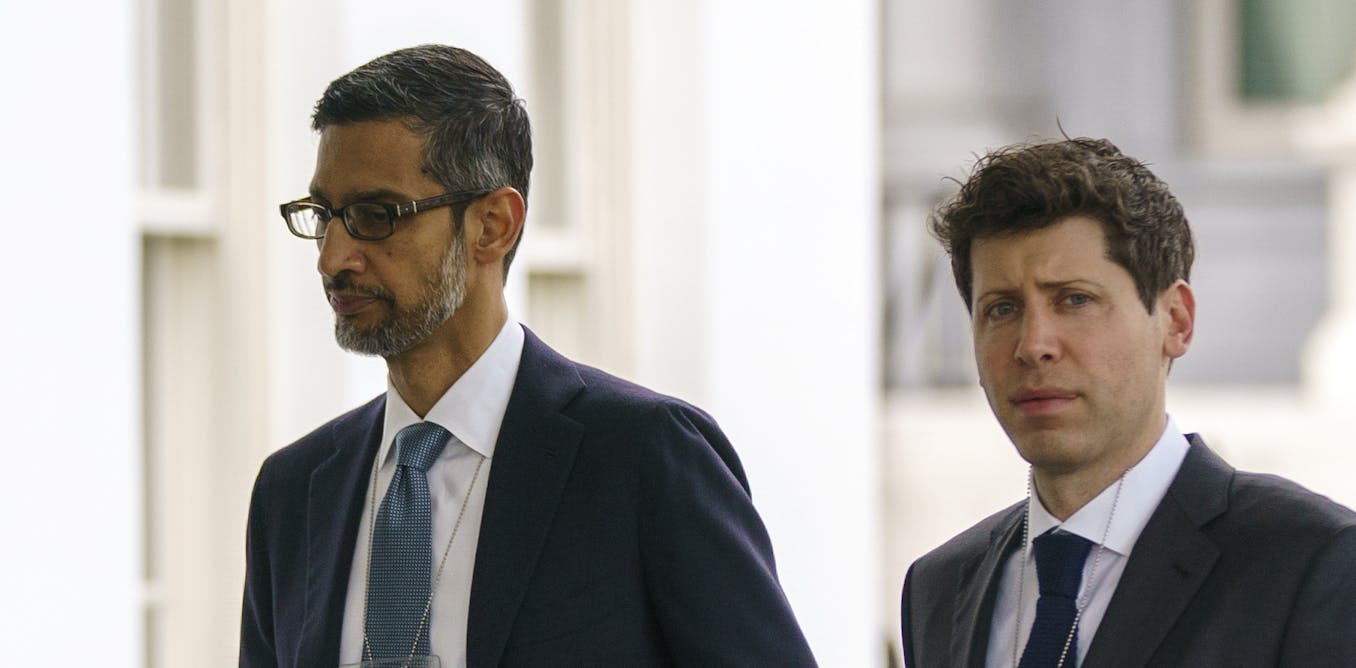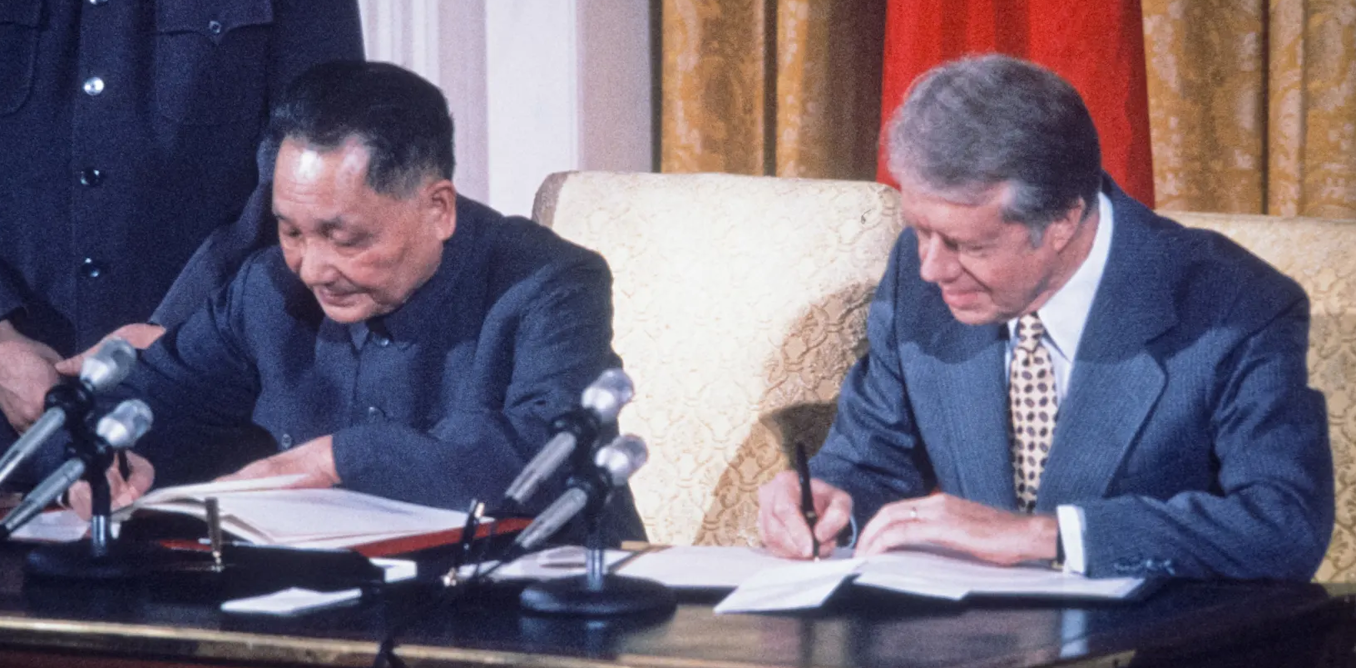How Trump’s ‘gold standard’ politicizes federal science
The first Trump administration also used words like ‘transparency,’ ‘reproducibility’ and ‘uncertainty’ − to try to block regulators from using important health studies when writing pollution rules.
June 5, 2025 • ~10 min










